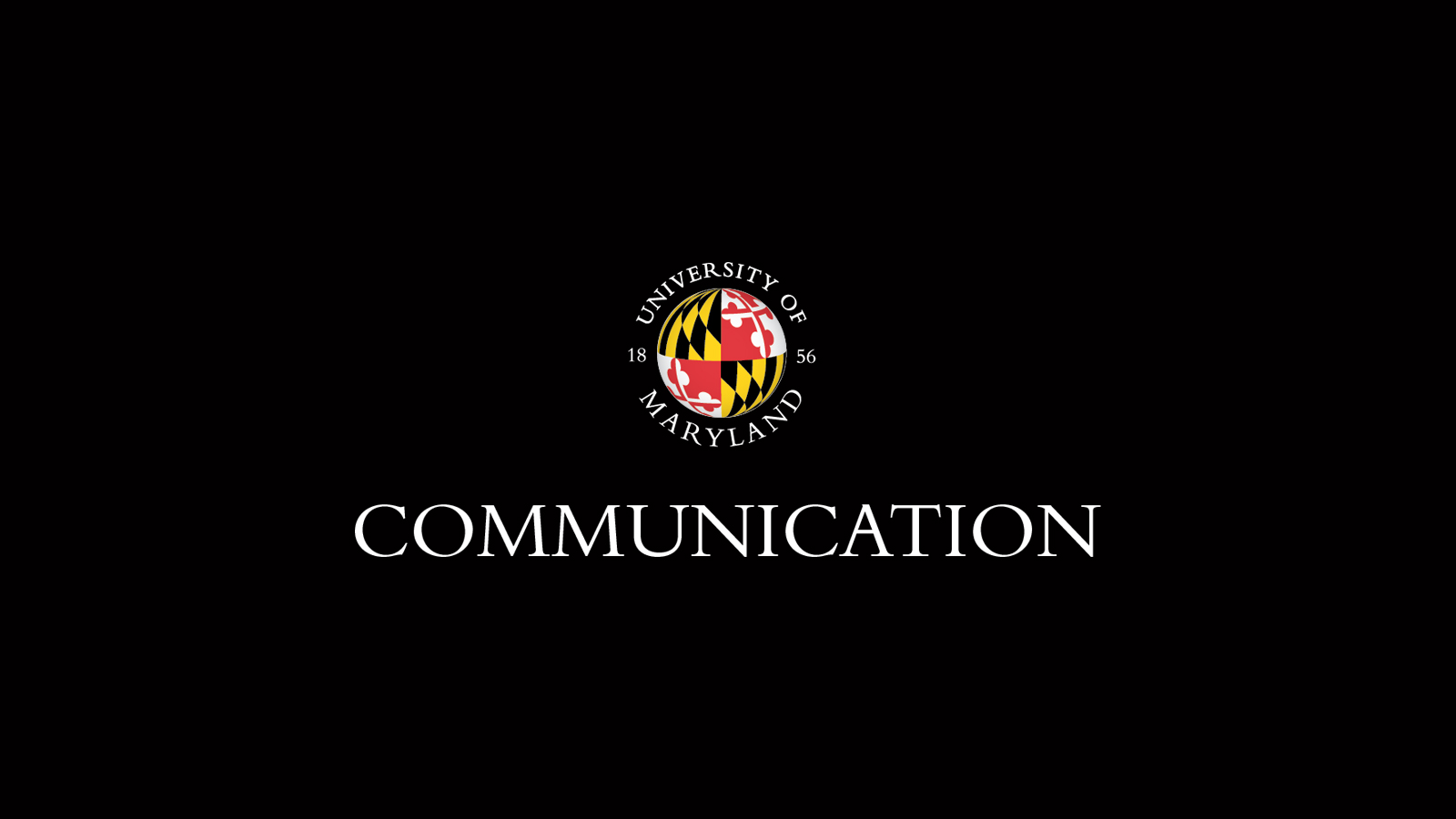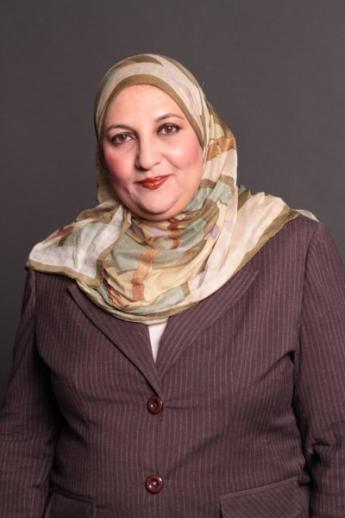Four Burning Questions With Sahar Khamis Expert On Arab And Muslim Media
January 31, 2013

Assistant Professor of Communication Sahar Khamis interviews with McGill Publications.
By McGill Reporter Staff, McGill Publications
Research on new media and the Arab Spring suggests that the role of social media in the organisation of protests, such as the Iranian Green Movement, tends to be overestimated. Indeed their most significant impact can be found in international perceptions of the conflict, rather than in the location of the conflict itself. To what extent was this the case during the 2011 uprisings that led to the fall of President Hosni Mubarak in Egypt?
While I agree that the role of social media in the current wave of political revolt in the Arab world tends to be overestimated, I wouldn’t just limit its impact to influencing international perceptions.
I think that different types of social media played different roles in the Egyptian revolution of 2011. Facebook helped in networking, since it linked together like-minded people who share common interests and are passionate about common causes, as was seen in the “We Are All Khalid Said” Facebook page and the April 6 Facebook page. Twitter was more effective in on-the-ground organization and seeking help and support on a moment-by-moment basis, as was evident in the book Tweets from Tahrir.
And YouTube was excellent for documentation and to reflect a realistic image of what was happening to both a local and an international audience.


